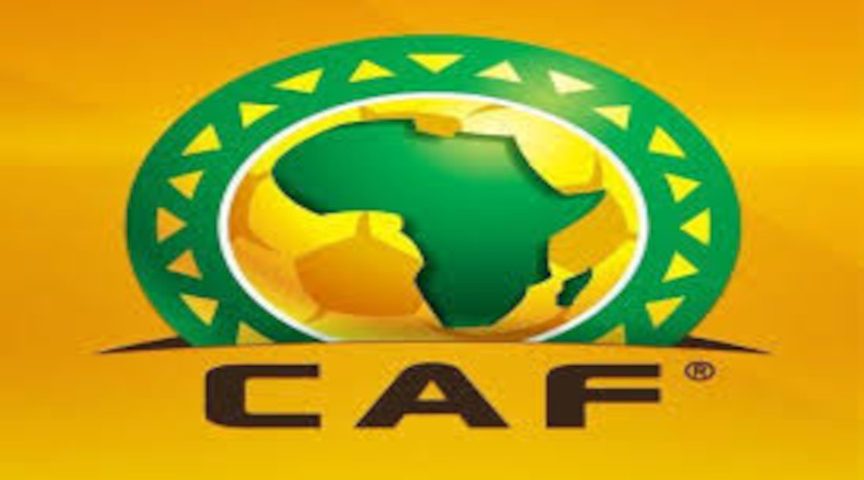African Football – A Changing World (Part One) Visions

Qui Benefacit Animæ?[1]
January 3, 2021
African Football – A Changing World (Part Two) Elephants
January 12, 2021African Football – A Changing World (Part One) Visions

By Satish Sekar © Satish Sekar (December 30th 2020)
Friends and Enemies
FIFAGate had claimed many victims, including the only impeached President of FIFA, Joseph (Sepp) Blatter, but Africa’s leader, Issa Hayatou, stood tall. After Blatter was banned in 2015 Hayatou became Acting President of FIFA until new elections could be held. It was the highest an African had ever risen in FIFA. But it didn’t last. Hayatou had stood against Blatter previously and lost badly.
Unlike the Qatari former FIFA Executive Committee (ExCo) member, Mohamed bin Hamman, who worked with Blatter for many years before deciding to stand against Blatter and was twice banned for life from football, Hayatou and Blatter made peace and worked together for many years.
Interred with Their Bones
Blatter had brought the World Cup to Africa – it required the much-maligned rotation system to do it after South Africa was robbed by the actions of the late Charles Dempsey, acting against his Confederation’s wishes and possible corruption too.
Hayatou had fought hard to increase representation for Africa too since taking over the Presidency of CAF a year after the death of Yidnekatchew Tessema. Acting President Abdel Halim Muhammad handed over the Presidency to Hayatou in 1988. The son of a Cameroonian Sultan and a national record-holding athlete at 400m and 800m Hayatou joined Cameroon’s Football Association in 1974. Less than 15 years later he had the top job in African football. He kept it for nearly twice as long.
Restructuring
CAF had not undergone meaningful change since its inception. Madagascar proved the catalyst. A then little-known Ahmad Ahmad stood against Hayatou in March 2017. He was thought by many to be a candidate to test the waters, but he had been under-estimated.
Ahmad Ahmad won and he had a vision.
Unlike his predecessor, he listened to CAF’s members. He proposed reforms. There were symposiums in Morocco on both men’s football and also women’s. Ideas flowed for change. Among them were changes to the Africa Cup of Nations tournament – it was proposed that it should go to the summer like other Confederations.
That was proposed by African legends – vociferous in their support for this change was Joseph Antoine Bell and Rabah Madjer.
Ahmad Ahmad was instrumental in bringing them back into the running of African football, something he deserves great credit for, and he will get it from us.
The criticism levelled at Ahmad Ahmad over that decision is absurd. It was not his decision. It was suggested by the legends, adopted by the Executive Committee and ratified by the General Assembly.
I say this as someone who profoundly disagrees with the decision to move the tournament to the Northern Hemisphere’s summer. I disagreed then and still do, but the blame for it cannot and should not be laid at Ahmad Ahmad’s door.
The AFCON Merry-go-round
It is one of the things that I totally agree with Hayatou about. Hayatou had a vision too. In 2012 Hayatou was asked about two matters by me. Why was AFCON held at the start of the year and what was the benefit of having it every two years?
This was in the context of non-African clubs in particular objecting to both frequency and timing of the tournament. Hayatou explained himself well.
The tournament would remain early in the year because all members of CAF had the right to bid to host, and the African continent’s climate was not conducive to play in great heat or the rainy season, both of which tended to occur in the Northern hemisphere’s summer.
Qui Benefacit Aminæ?
Imagine the outcry if a player or players were affected by the adverse climate? Imagine the reaction of those same European clubs who oppose the AFCON being held in January and February if one of their players was affected?
There were and remain very sound reasons to hold AFCON tournaments in January as Hayatou carefully explained. He was absolutely right on that. And it returned to January after just one tournament. Why?

